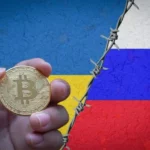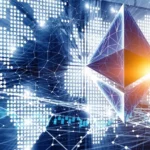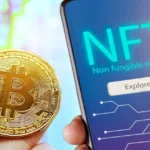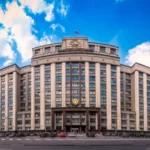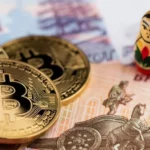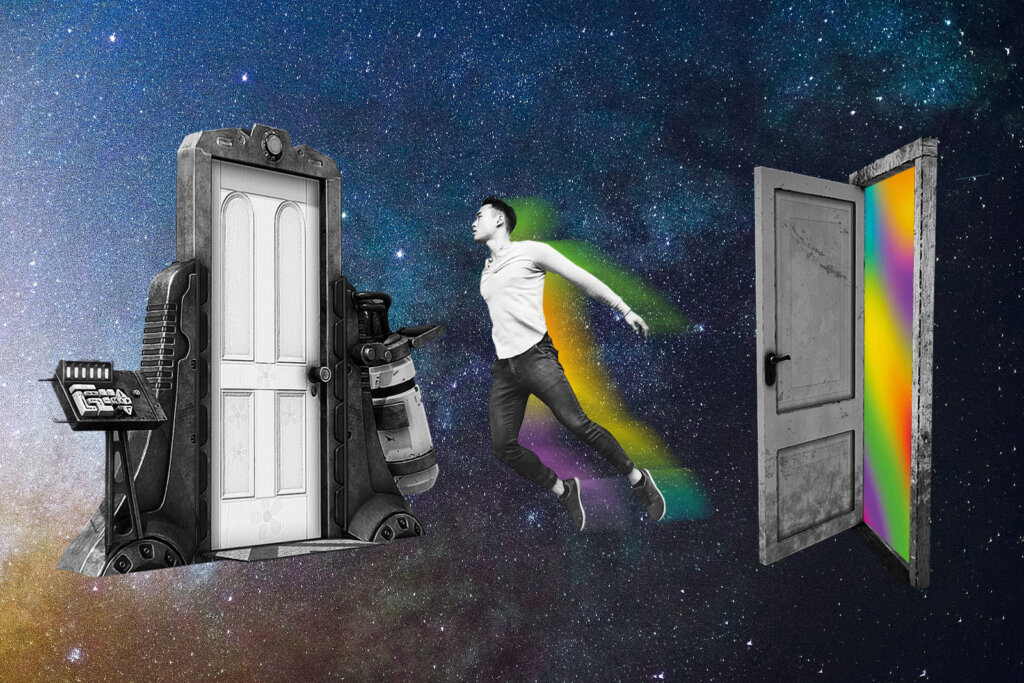“Metaverse” is the new big buzzword for a reason. 2022 will be the biggest year to date for the metaverse as tech giants Meta, Apple, Microsoft, and Google gear up to release new products focused upon the virtual world.
A metaverse could be understood to be a virtual-reality space in which users can interact with a computer-generated environment as well as other users. It allows users to play and work in virtual 3D spaces, browse the internet, and interact across the virtual and real worlds in real-time.
For now, the metaverse can be accessed via smartphones and computers, but eventually it will be possible to experience them through advanced virtual reality or augmented reality headsets. Technology that could potentially facilitate the experience of enhanced virtual worlds will be the most prominent new market in software since Apple introduced the touchscreen smartphone in 2007.
In an exclusive interview with DailyCoin, Sébastien Borget, co-founder and COO at community-driven metaverse ‘The Sandbox,’ shared his insights on how interoperability between metaverses could be accomplished.
Interoperability Is in Blockchain’s DNA
There are many different proposed variations in the market of metaverses. Facebook rebranded as Meta, while Microsoft announced they would be building a metaverse for virtual office solutions. Many are familiar with gamified metaverses like Decentraland and the Sandbox, not to even mention Roblox and Second Life, which have been around for decades.
Meta envisions the metaverse to be the future interface to the internet. To this day, it is questionable whether entering the internet will become a complete 3D virtual experience, however, it is clear that different corporations all have their own visions or even local versions of what the metaverse could be, but, as with the internet, they will all be connected. Moving between one metaverse and another will become a crucial problem that must be solved.
Sébastien Borget believes that interoperability is a feature that inherently comes with using blockchain technology. Digital assets, virtual land, and avatars are represented as tokens on the blockchain, enabling users to carry them, via their wallets, across different decentralized applications.
"In the case of the virtual world, the simplest image we can give is avatars. I own this 3D avatar. That's my representation. I can have the same representation across all the virtual worlds. Yet, it requires work and implementation by every single [denizen] of the world, but the connection, the interoperability exists, it's possible,"
says Borget.
However, interoperability has not yet been fully realized, seemingly tougher to achieve in practice and in need of some additional work in order to establish standards.
"Any developer has the possibility to access the token that is owned by the user and give it a new utility. Take a concrete example. You own this world in an RPG game. Another game can detect [that] you are the owner of this world and decide that, well [this is] a racing game, so instead, I will give you a car, that's a car you can use in my game,"
explained Borget.
NFTs Are the Gateway Into the Metaverse
One of the keys to the metaverses is NFT technology, which hit a market value of $22 billion in 2021. As the digital gold rush continues, the value of an investment into NFTs is something under question in the secondary market, as more people make NFT’s than buy them.
However, a clear future for NFTs awaits the market in the gaming and metaverse industry as unique digital assets are seemingly the building blocks of ownership in virtual worlds.
The Sandbox is one of the pioneers of this in the metaverse space, enabling users to display the NFTs they already own in their unique virtual world, and giving them a 3D representation.
"Our goal is to turn a 2D image into a 3D character that can suddenly become playable, can jump, run, fight, and do various activities. It's a new use case that can increase its value and prove useful to connect more people in the community and more,"
enthused Borget.
The Sandbox is a virtual platform in which players can play, build, own, and monetize their virtual experiences on the blockchain. The platform aims to empower artists, creators, and players to build the platform they’ve always dreamed of by providing them with the means to unleash their creativity and build a virtual world made and governed by its users.
You can watch the full interview with Sébastien Borget here, on DailyCoin’s youtube channel:

